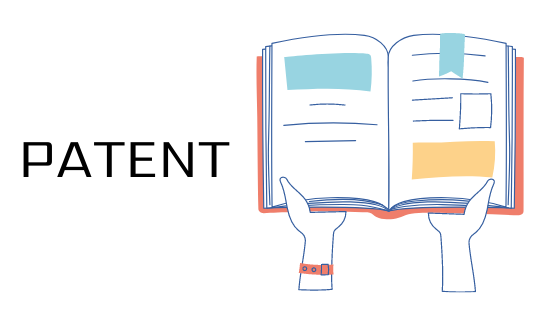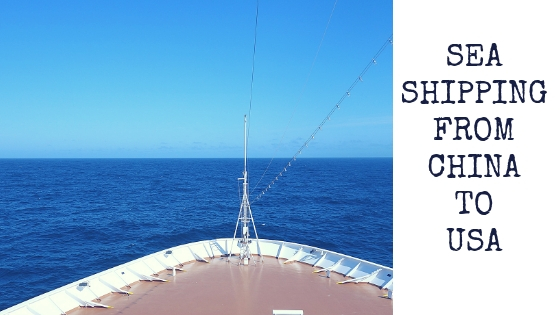
Filing a patent application starts at the Patent Office. With a patent application you start a procedure that leads to legal protection of your new technical invention. A patent application comprises the description of the invention with all the details of the invention to which the patent application relates. A patent application is sometimes confused with a patent itself. The difference is that a patent application is a request to obtain a patent, but does not yet have the status of a granted patent.
A national patent application can be extended to an international patent application so that patent law can also become valid in more countries than just the country where the first patent application was filed. Conversely, a first patent application can also be filed directly via an international patent treaty (European Patent Treaty or Patent Cooperation Treaty). This leads to a bundle of national patent rights. Depending on the economic or scientific importance that an applicant attaches to his invention, national or international patent protection will be chosen as you can read from https://kulturehub.com/inventhelp-step-by-step-guide-inventor/.

Why Are You Applying For a Patent?
Companies that invest in product development and also purchase knowledge for this through the hiring of experts will draw up a policy to properly protect the new knowledge they generate. Without protection, the competitor could easily get away with the results of years of research. The choice to protect that knowledge by means of a patent application is then an obvious one. There are patent agencies that provide help for new inventors and they can be hired for the patent application as well.
However, this does not always happen because in some technology areas the developments go so fast that it makes no sense to file a patent application. The technology has already been further developed before the filed patent becomes valid. In that case, patent protection is lagging behind. Secrecy is then a solution, although it entails the risk of leaks, corporate espionage or a clever competitor who happens to make the same invention.
All considerations that an inventor makes about whether or not his knowledge is protected by a patent application fall under the concept of patent policy. One of the most important decisions is the route of the patent application. National and then international or vice versa?


